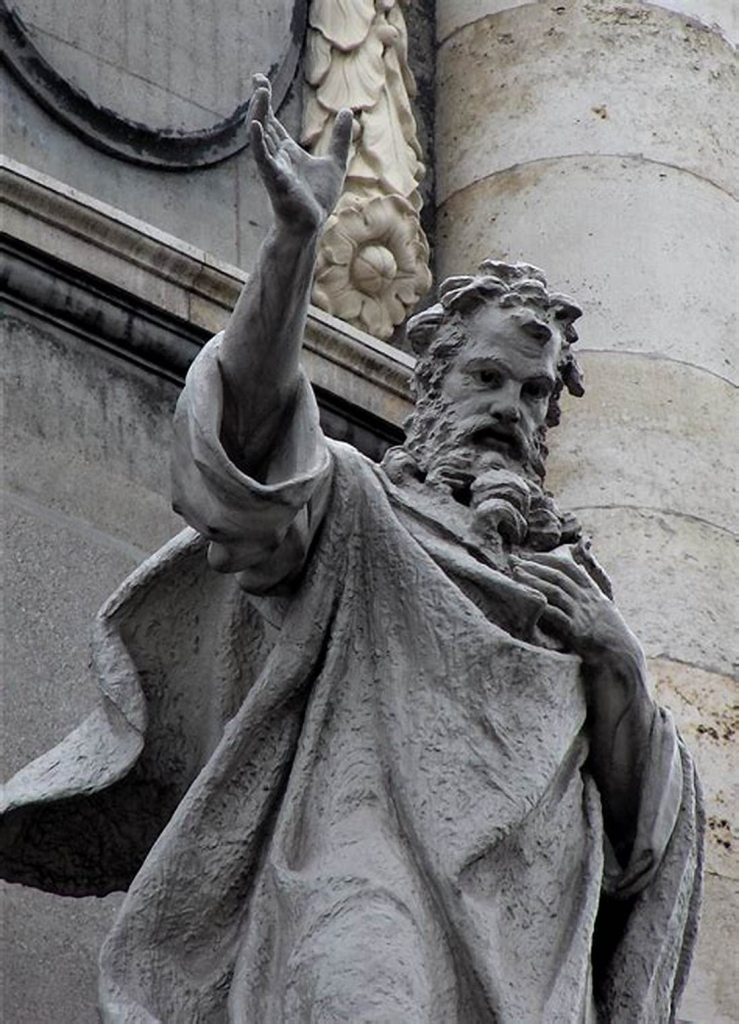Starting with Stephen (Acts 7-8:1), the history of the church tells of the men and women who were martyred for their testimony of Jesus Christ. Over the next few weeks, we will look at some of their stories. Scripture tells us that James was executed by King Herod Agrippa around A.D. 44 (Mark 6:14-29). Ten years later, the Apostle Philip was scourged, imprisoned, and crucified. Legend says that Matthew was killed in A.D. 60 by violent means. Jesus’ brother, James was martyred around A.D. 66. Peter’s brother, Andrew was crucified on an X-shaped cross; Peter was also crucified – but upside-down as he did not consider himself worthy to die in the same position as his Lord. Tradition says Mark was dragged to pieces in Alexandria and Paul was beheaded in A.D. 66.
Even today, in many parts of the eastern world, people are still being killed for their faith. We don’t have the same level of persecution in the U.S., but I have no doubt that it’s coming. If someone were to ever point a gun at my head and demand that I betray my Savior or die, I say I would choose death. But am I betraying Him in my daily life? Will I betray Him with profane words while wearing my “Jesus is Lord” T-shirt? Will I curse someone who cut me off despite the fish symbol on my bumper? Will I walk into church on Sunday morning after walking into an R-rated movie on Saturday night? I say that I will take a bullet for Jesus, but will I take the humble road in a dispute with my neighbor?
What good is my bold declaration of devotion to Jesus if I don’t prove my kinship in the smaller matters of daily life? I don’t think I will ever be confronted with death for the cause of Christ, but every day I must choose to die to myself in the grocery store, my workplace, my home, and on the road.
Harold Chadwick, who updated Foxe’s Book of Martyrs in 1997 wrote these words after pouring over story after story of dauntless and devoted Christians who gladly died for the Name and cause of Christ: “Could we with our soft and self-serving Christianity, follow their examples of such courage and love for Christ that we would suffer being tortured, mutilated, and burned alive rather than recant our faith in Him?”[1] What say ye, Beloved?
[1] Harold J. Chadwick, Forward to The New Foxe’s Book of Martyrs, Updated through the 21st Century, (Alachua: Bridge-Logos, 2001), xiv.










